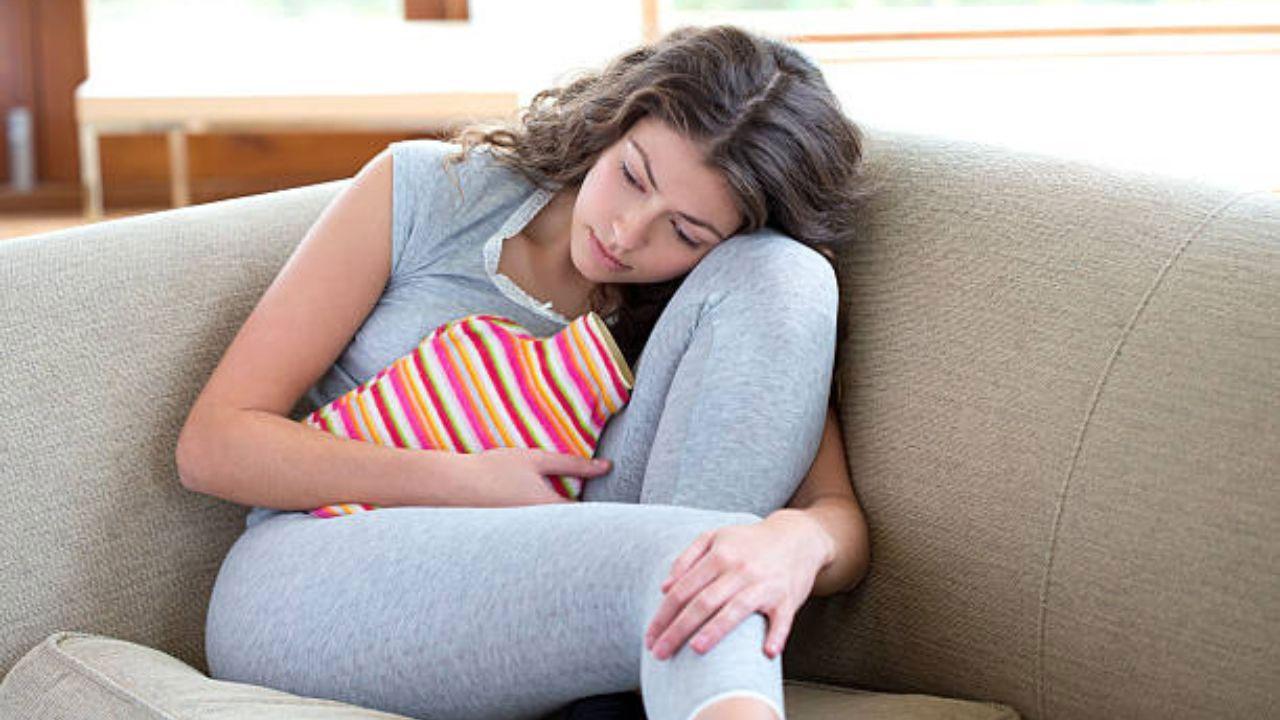In the wake of the recent incident of a 14-year-old girl dying by suicide due to stress from her first period, Mid-day.com got gynaecologists to shed light on how parents must have crucial conversations around menstruation with teenagers

Image for representational purposes only. Photo Courtesy: iStock
Key Highlights
- Getting periods every month is crucial for healthy fertility and reproductive health
- The onus of educating children about menstruation is on parents as well as schools
- It`s crucial to start discussing menstruation before a girl reaches the age of 10
UNLOCK FULL ACCESS
Buy now to read the full story.
For Just ₹29/-
Already a member? Login
For any queries please contact us: E-mail: support@mid-day.com
 Subscribe today by clicking the link and stay updated with the latest news!" Click here!
Subscribe today by clicking the link and stay updated with the latest news!" Click here!






